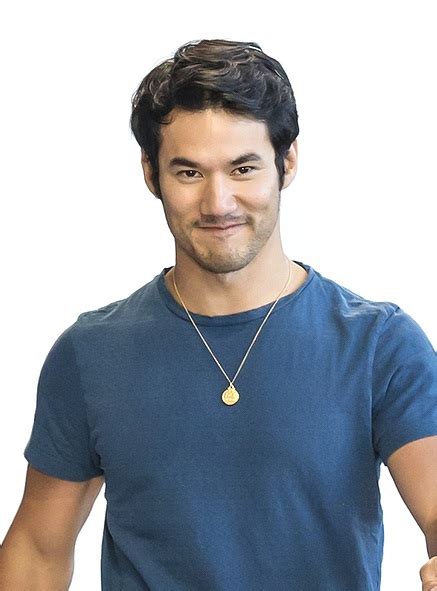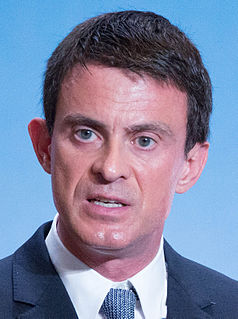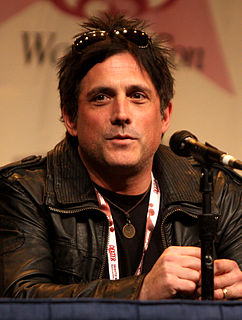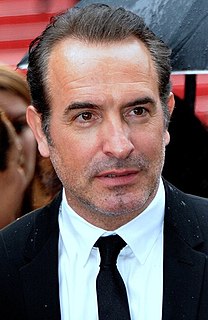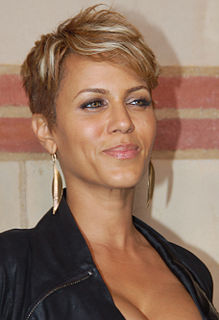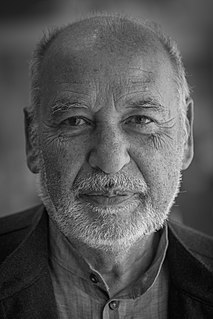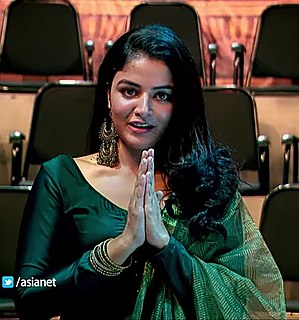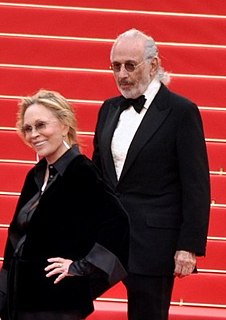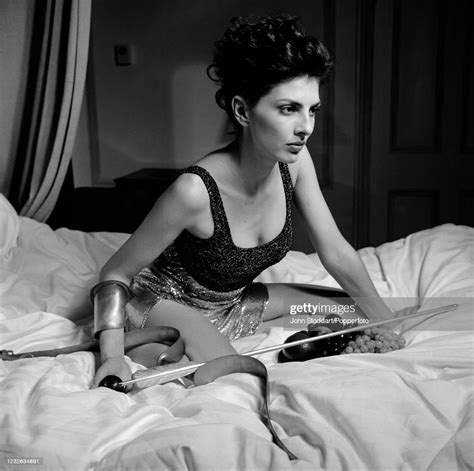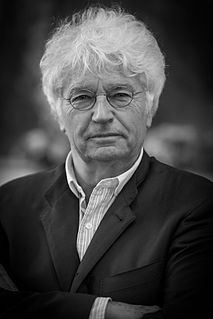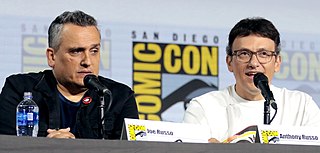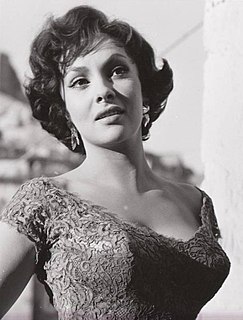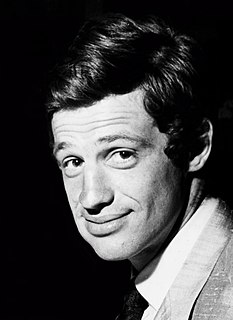Top 1200 French Cinema Quotes & Sayings
Explore popular French Cinema quotes.
Last updated on November 21, 2024.
A romantic or classical view of the French approach would have been to say, 'It's a French company; let no one attack it. Let's block any merger. But the reality is Alcatel-Lucent is not a French company; it's a global company. Its main markets are China and the U.S. Its ownership is foreign; most of its managers aren't French.
The film The Conquest will be seen on many different levels and the American point of view is always more technical. The French are less technical - it's 'I like it, or I don't like it.' I hope that this film can have a life in the U.S. - it's the grand country of cinema. I grew up with Hollywood movies, so for a French director to have a film distributed in the U.S. is a real opportunity.
I went to Brown to be a French professor, and I didn't know what I was doing except that I loved French. When I got to Paris and I could speak French, I know how much it helped me to establish relationships with Karl Lagerfeld, with the late Yves St. Laurent. French, it just helps you if you're in fashion. The French people started style.
Feudal societies don't create great cinema; we have great theatre. The egalitarian societies create great cinema. The Americans, the French. Because equality is sort of what the cinema deals with. It deals with stories which don't fall into 'Everybody in their place and who's who,' and all that. But the theatre's full of that.
I want viewers want to talk about The Conquest. I want the dialogue to start after the movie. The cinema is there to leave a trace. I hope my film leaves a trace and that it will open a door for French cinema and that tomorrow other directors will make political movies. The job of a filmmaker today is to talk about the world surrounding him and, through his movies, to both entertain and raise questions about modern society.


















